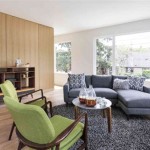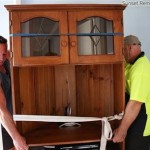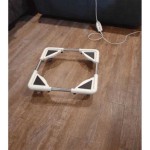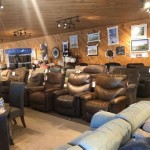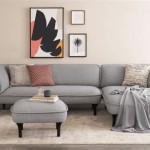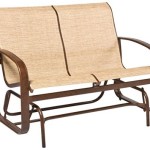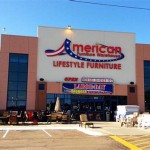Special Needs Furniture For Adults: Enhancing Comfort and Independence
As individuals age or experience physical limitations, the need for specialized furniture arises to support comfort, safety, and independence. Special needs furniture specifically caters to the unique requirements of adults with disabilities, facilitating daily activities and promoting a better quality of life. This article delves into the diverse range of furniture designed for specific needs, exploring its benefits and key considerations for selection.
Types of Special Needs Furniture
Special needs furniture encompasses a broad spectrum of products tailored to various disabilities and limitations. Some common categories include:
- Mobility Aids: This category encompasses furniture designed to facilitate movement and transfer. Examples include:
- Lift Chairs: These chairs feature a motorized mechanism that lifts the user to a standing position, aiding in transferring from sitting to standing and vice versa.
- Hospital Beds: These beds are adjustable in height and angle, allowing for positioning comfort and ease of access for caregivers.
- Wheelchair Accessible Furniture: This includes tables, desks, couches, and chairs specifically designed to accommodate wheelchairs, ensuring proper height and clearance for comfortable use.
- Adaptive Furniture: This category focuses on furniture adapted to specific needs, such as:
- Adaptive Sofas: Sofas with adjustable backrests and armrests for added comfort and support, catering to users with postural challenges.
- Accessible Toilet Seats: Elevated toilet seats with grab bars, providing stability and ease of use for individuals with mobility impairments.
- Adaptive Tables: Tables with adjustable height, tilting surfaces, and rotating tops, facilitating accessibility for individuals with limited reach or dexterity.
- Safety and Security Furniture: This category emphasizes safety features, such as:
- Anti-Tip Furniture: Furniture with enhanced stability features to prevent tipping accidents, particularly important for individuals with balance issues.
- Secure Beds: Beds with side rails and safety features to prevent falls, ideal for individuals with mobility limitations or dementia.
- Non-Slip Surfaces: Furniture with non-slip surfaces or mats to reduce the risk of slips and falls.
Benefits of Special Needs Furniture
Special needs furniture offers several significant benefits for individuals with disabilities:
- Enhanced Comfort and Support: Furniture designed for specific needs provides optimal comfort and support, minimizing pain and discomfort and promoting relaxation.
- Increased Independence: Adaptive furniture empowers individuals to perform daily activities independently, fostering a sense of control and self-reliance.
- Improved Safety: Safety features built into special needs furniture mitigate risks of falls, accidents, and injuries, creating a secure environment.
- Enhanced Mobility: Mobility aids seamlessly integrate into a home, enabling easier movement and transfer, thereby promoting physical activity and independence.
- Improved Quality of Life: By addressing specific needs and enhancing functionality, special needs furniture contributes to a more comfortable, independent, and fulfilling life.
Considerations for Selection
When selecting special needs furniture, it is essential to consider various factors to ensure the best fit for the individual's needs:
- Specific Needs and Limitations: Carefully assess the individual's specific disabilities, mobility limitations, and functional requirements to choose furniture that addresses those needs.
- Size and Space Considerations: Measure the available space to select furniture that fits comfortably and allows for ease of movement.
- Ease of Use and Adjustability: Opt for furniture with features that facilitate independent use and allow for adjustments based on changing needs.
- Durability and Stability: Ensure the furniture is robust and stable, capable of withstanding regular use and accommodating the individual's weight and movements.
- Aesthetics and Personal Preferences: While functionality is paramount, consider aesthetics and personal preferences to create a comfortable and pleasing environment.

Kaye Bolster Chairs Adaptive Seating Especial Needs

Special Needs Seating Adaptive Chairs Tadpoleadaptive Com

Advantages Of Ergonomic Chairs For Special Needs Bambach

Special Tomato Recliner Support System Rss Freedom For Kids

A Guide To Buying Furniture For People With Disabilities La Z Boy Southeast

Special Needs Chair Buy Supplier Ndis Melbourne Geelong
Special Needs Support Active Engagement Contoured Positioning Chairs

Smirthwaite Juni Chair Special Needs Adaptive Seating

Special Needs Archives Cap Furniture

Kaye Kinder Chairs Especial Needs
See Also

